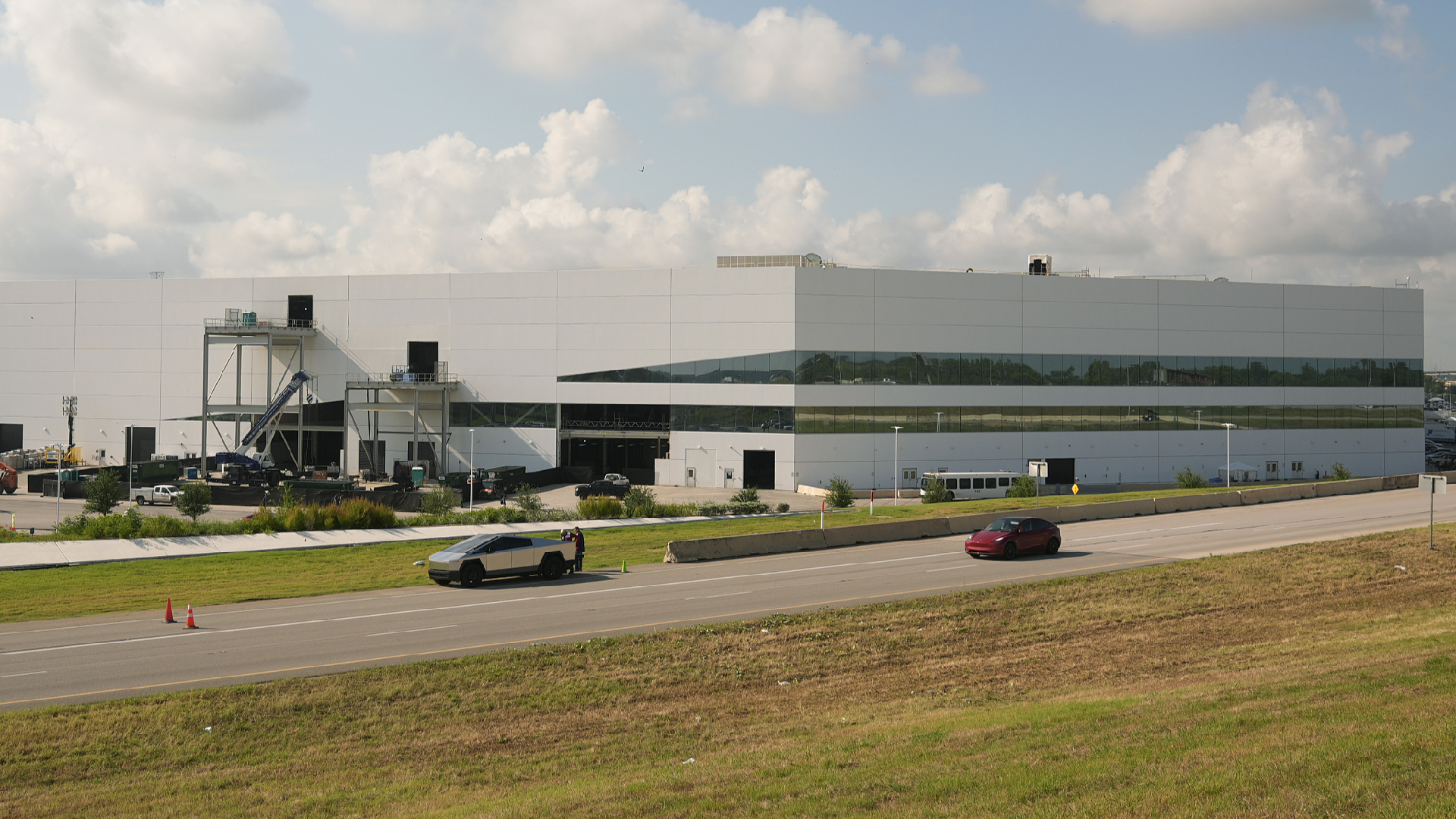Musk asserts Tesla will face limited impact from potential Trump EV policy
On Tuesday, Tesla CEO Elon Musk noted that U.S. presidential candidate Donald Trump's potential withdrawal of support for electric vehicles would primarily affect other car manufacturers more significantly than Tesla. In a post-earnings conference call, Musk indicated that although there might be immediate repercussions, Tesla’s long-term prospects could be advantageous due to its emphasis on autonomy and self-driving technology.

During a post-earnings conference call, Musk remarked that although Tesla might face some short-term consequences, the long-term benefits for the company could be substantial.
Former President Trump, who is seeking office again with support from Musk, has criticized the Biden administration's EV policies and promised to abolish the EV mandate if elected. However, detailed plans for this policy change were not provided.
Musk pointed out that Tesla's main value lies in its autonomy and self-driving technology, indicating that the potential removal of subsidies is relatively minor compared to Tesla's emphasis on AI and autonomy.
"The value of Tesla overwhelmingly is autonomy. These other things are in the noise relative to autonomy," he said.
Recently, Musk endorsed Trump following an assassination attempt on the candidate. He refuted claims of pledging $45 million per month to Trump's campaign but confirmed the establishment of a political action committee.
This endorsement has puzzled some Tesla enthusiasts, who questioned how Trump's election would benefit the EV company. Last year, Trump's vice-presidential pick, JD Vance, introduced a bill to eliminate EV subsidies and promote gas-powered vehicles, though it is unlikely to succeed in the current Congress.
In a recent post on X, Musk also advocated for the removal of all industry subsidies, including those for electric vehicles, asserting it would ultimately benefit Tesla.
Last week, at the Republican National Convention in Milwaukee, Trump revealed plans to impose tariffs of 100 to 200 percent on cars manufactured in Mexico to render them "unsellable" in the U.S.
(With input from Reuters)
Camille Lefevre contributed to this report for TROIB News
Discover more Science and Technology news updates in TROIB Sci-Tech












